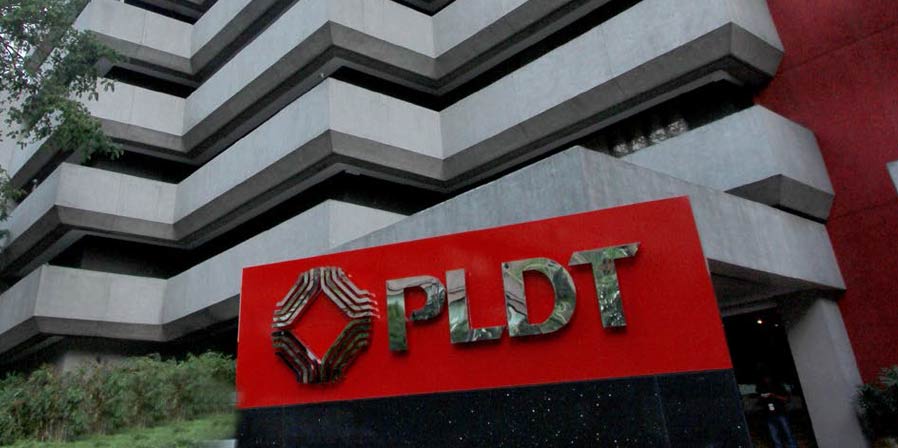Wireless will continue to take the lion's share in the revenue mix of telco titan PLDT Inc., but its management finds it prudent to focus on its home broadband business for the remainder of the year.
Manuel V. Pangilinan, who chairs the integrated telco group, said the company will be speeding up its fiber-to-the-home (FTTH) builds this year, as it anticipates the business vertical to have more significant contributions to the company's top line.
"The suggestion from network is that we accelerate the buildout of the port for FTTH starting the fourth quarter in anticipation of capacity moving ahead of installs," he said during the press briefing for the company's first half financial results.
For 2021, the company plans to deploy 1.7 million FTTH ports. As of end-June, the telco was able to deploy 730,000 ports, representing 43 percent of the target. It also intends to lay out 125,000 kilometers of fiber optic cables to support the ports.
Alfredo S. Panlilio, the company's president, added that total home revenues will continue to be at "50 percent of that of total wireless revenues," but noted that "wireless will continue to be a huge revenue base" for the company.
The home broadband business during the first semester grew by 23 percent to P22.7 billion the year prior, accounting for more than 25 percent of the total revenue mix. Mobile data continued to be the main driver of its revenue mix at P43.8 billion, a 7-percent increase from the year prior, while the enterprise group settled at P20.4 billion, which is 2 percent higher than that of last year.
In total service revenues for the first six months of the year reached P89.9 billion.
"Now, people in the homes are sharing one connectivity. We will continue to see that as this pandemic continues to be an issue, maybe for the rest of the year and until vaccination rates rise," Panlilio said.
He noted that the group is expecting to see more revenues from its mobile business as the economy opens up.
As such, the telco group is also building out its 5G network. It has already exceeded its target of deploying 3,800 5G base stations in the country. As of the first semester, Smart has about 4,287 5G base stations spread across the Philippines.
Panlilio noted that despite meeting its targets, the company will "continue to deploy" more 5G sites, given that "5G is the future."
Pangilinan said average revenue per user (ARPU) in 5G is P200 more than that of 4G and 4x that of traditional 2G.
The telco giant booked a net income of P12.9 billion in the first half of the year, flattish when compared to last year. However, its telco core income—which excludes the impact of asset sales and losses from its digital unit Voyager—grew by 10 percent to P15.2 billion from P13.9 billion the year prior.
The growth momentum will likely carry over to the rest of the year, Pangilinan said.
"For the full year, you'll see us above P190 billion in terms of service revenues, while capital expenditures will likely to land at around P90 billion, higher by 25 percent compared to 2020, driven by continued build out of 5G and more and more fiber being laid for FTTH. For telco core income we'll be aiming to achieve P30 billion for the full year," he said.
Read full article on BusinessMirror


No comments:
Post a Comment